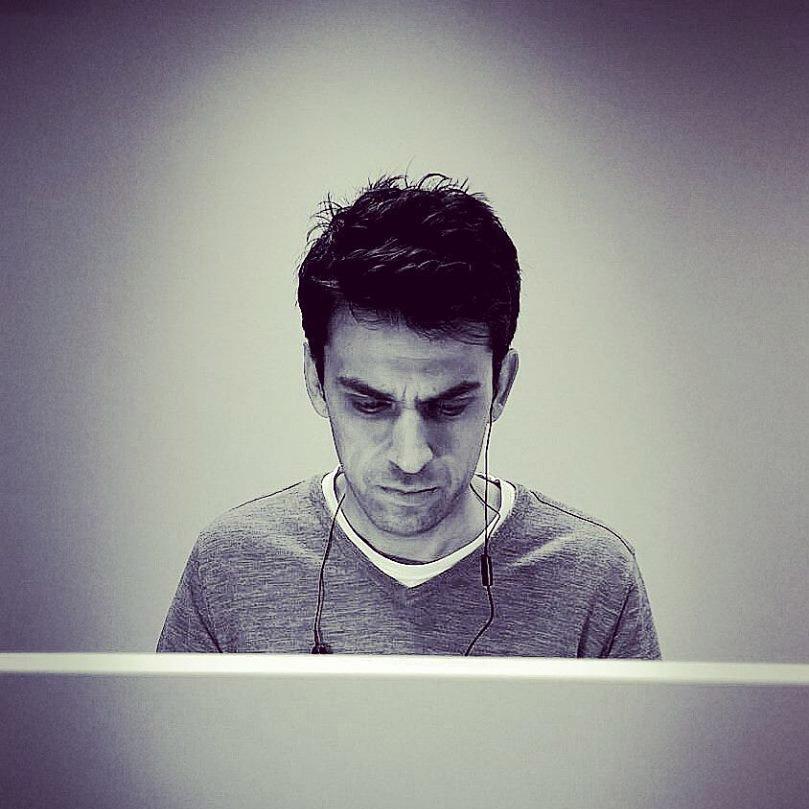How we define startup disruption at Starttech
How do you actually go about trying to define startup disruption these days? I mean isn’t everybody doing that now? A good question would be if there is anything left to actually disrupt.

Disruptive technologies, disrupting markets, disrupting work practices, disrupting economies, disruptive business models, disruptive pricing. Disruption is literally everywhere.
Famous disruptors and how they do it
We’ve all seen that visual doing the rounds on social media with some key statements on famous ‘disruptors’ such as: Facebook – the most popular media provider, creates no content, Uber – the world’s largest taxi company, owns no cars, Airbnb – the most popular accommodation provider, owns no property.
As you can imagine, and may probably already know, there are different kinds of disruption. Not everything has to involve disruptive technologies, for example. So the key point is how you define startup disruption. Because of course not every single startup can come in and be a disruptive force.
There’s a lot to be said for being what’s known as a “silent assassin”. Or in other words, a business that looks to aim for a proven market but brings enough freshness – whether than be a business model or other form of disruption – to establish itself and share a considerable piece of the pie of a given market.
So what we’re saying with this post, I guess, is make sure you are aware of how you define startup disruption in your chosen market, and don’t become obsessed with being a disruptive force for the sake of disruption.
What actually is disruption?
Before we get to how we define startup disruption at Starttech, let’s have a look at some basics. As always, when trying to define anything, it’s always worth checking a dictionary definition to give you a foundation. And no, not urban dictionary please. The Oxford dictionary should be your first port of call. Let’s see what it says.
dis·rup·tion/disˈrəpSH(ə)n/noun: disruption; plural noun: disruptions
1. disturbance or problems that interrupt an event, activity or process.
OK, pretty clear. It can also have a similar meaning to interruption. Whichever way you look at them, the connotation was always negative. So how did it become such a positive buzzword in business, especially for startups?
Because startups are rebels with a cause, right? Well, a lot of them like to think that they are.
Disruption as a positive term
Anyway, I digress. When did the term “disruption” make the switch to something positive? It actually took off with Clayton Christensen’s 1997 book The Innovator’s Dilemma. In his book, Christensen introduced the idea of “disruptive innovation.” He used this exact phrase as a way to express the way successful companies did not just meet customers’ current needs or demands, but went the extra mile and managed to anticipate their unstated or future needs.
Christensen’s theory offered to explain how small companies with minimal resources were able to enter a given market and upset the apple cart. Or to be more precise, displace the established system. For Christensen, business disruption was a positive thing.
But then, as we entered the digital age, business disruption went from a powerful concept when first published, to a full-blown motto for any startup or tech business that looked to break through. All of a sudden, everyone and anyone was “disruptive” and/or “innovative.”
Christensen felt that he was to blame in a way for creating a monster. In fact, he was so ill at ease with the way his term was transformed that he published a 2015 update in the Harvard Business Review on what the term “business disruption” should actually involve. It’s a great read so I recommend you invest a few minutes of your time in it.
Disruption overload
Just like Christensen points out in his 2015 update, which is still relevant today five years later, we are [still] suffering from a disruptive overload. This is why at Startetch, we try to look at things in a slightly different way when we define startup disruption.
As our CEO and Co-founder Dimtris Tsingos likes to point out,
disruption is a term that has been way too overloaded; we’re not interested in investing in so-called disruptive startups. And although we may say this in a kind of provocative way, the truth is that we do actually mean it.
Like Dimitris says, disruption has a risk factor that at Starttech, as private investors, we cannot take. And that’s only with regard to disruption, in terms of technology. That is, we won’t get involved in Machine Learning, in Blockchain, in AI or in Quantum Computing. We’ll take the safe path, focusing on markets that already exist.
Disruption in business model
The truth is, we attach a different meaning to the term disruption. To give an example, look at Epignosis, one of our excellent portfolio companies and a true Greek scaleup success story. It is the most successful company in our portfolio is Epignosis, and it is actually an LMS platform. In the beginning, the feedback we got from investors abroad, that is to say in the US and in Western Europe, was this: ‘There are way too many LMS platforms’, and that Epignosis’ solution was ‘just another LMS among hundreds of others.’ Of course, they were absolutely right!
However, what they missed was the fact that Epignosis, or any startup or fledgling business that combines these four basic ingredients in general:
- a complete feature set
- an exceptional emphasis on ease-of-use
- a disruptive pricing model and
- automation in all levels
…finally will make the difference. And that’s what made Epignosis successful. Oh yes, and of course its focus on business model BEFORE product.
Different levels of disruption
So how you define startup disruption basically has to do with the type or level of disruption you want to focus on. For example, is your business highly disruptive in how you solve problems? Is it in how you develop your product? Or is it your pricing model? Find the answer to these questions and you’ll be able to focus on what’s important for your specific business, industry and/or market. And you will reduce startup risk, by using the Lean Methodology in the process.
At the end of the day, there are many different types of innovation in business. For more on that topic, take a few minutes to check out our previous post on this topic in conversation with Professor Klas-Eric Soderquist.
The last thing you should do, however, is become “disruption obsessed”. There are many ways to launch and scale-up to become a profitable B2B SaaS startup for example. And trust us, we know. It’s the market we specialize in.
To disrupt or not disrupt, is that the question?
In the end, the answer to the above question depends on what kind of startup or business you are and/or want to be. And how you want to define startup disruption. By and large, if you are a smaller startup, then the answer is clear. Go for a proven market. Disruptive technologies are for larger companies.
If you simply focus on creating simple B2B software products that target a big market you will not go far wrong. This is exactly the policy and strategy we followed in the e-learning and digital signage markets, with two of our portfolio companies in the shape of TalentLMS and yodeck. You can clearly define startup disruption for your own venture.
Remember, you don’t always have to turn something upside down or inside out to enjoy success.
